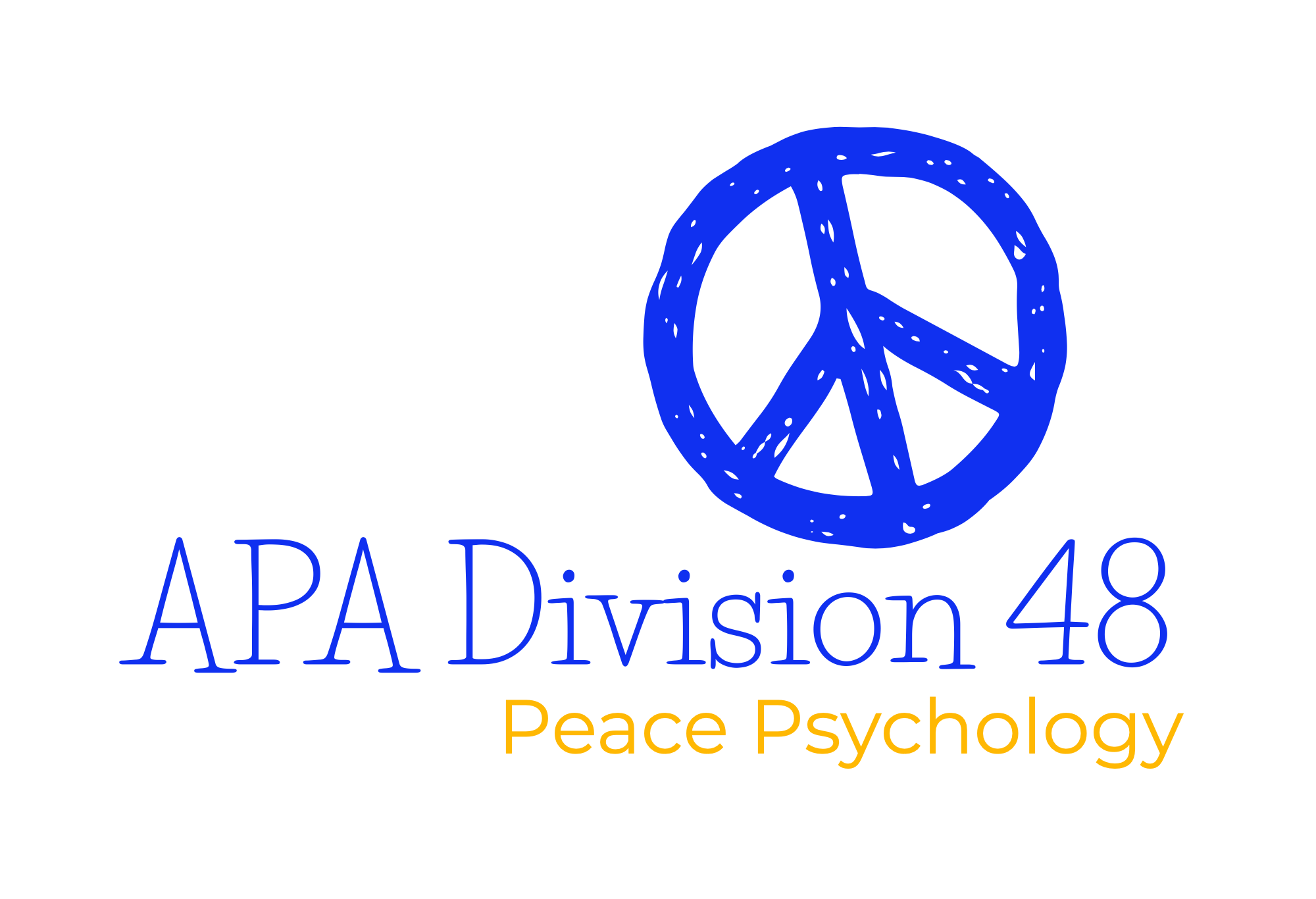The purpose of Psychology & Peace 2018 is to explore the ways that psychology and psychologists from all specialties can contribute to peace and peacemaking.
The program will include scholarly presentations, skill-building workshops, and featured speakers. In addition, collaborative work groups of conference participants will focus special attention on building research, practice, and advocacy agendas for the future of peace psychology.
The conference will also host a Paper-in-a-Day event on March 8 at the Kroc Institute for International Peace Studies.
The conference will be held on the campus of the University of Notre Dame on March 9-11, 2018, sponsored by APA Division 48 and the Kroc Institute for International Peace Studies.
Submissions may be made in either of two rounds. There will be an early submissions round with proposals due October 15 with notifications by October 30. A second round of proposals will be due November 30 with notifications by December 25. All submissions will be made via the Psychology and Peace 2018 submissions webpage which will be available August 15. For more detailed instructions for each presentation type see Call for Papers – Instructions for Authors.
With the permission of the author, submissions for Psychology & Peace 2018 will be forwarded to the Editor of Peace & Conflict: The Journal of Peace Psychology to be considered for publication in a special conference issue. Submissions are subject to the usual blind peer-review procedures of the Journal.
To receive information updates about Psychology & Peace 2018 register at Conference Information Updates.
Questions and comments are welcome at Convention Contact.
Proposal Opportunities and Possibilities
The conference program committee invites scholarly work on peace, conflict and violence and on the related topics of justice and healing. A variety of formats will be considered. Non-traditional formats for the presentation of scholarly work are welcome. Diversity of scholarly perspectives, methodologies, and social-cultural contexts is encouraged. The following descriptions are provided to give guidance to authors and to suggest the breadth of topics which will be included in the conference.
Contributions might consider any of the following five contexts where peace, conflict and violence are studied and where peace, justice, and healing are pursued. For each of the five contexts the committee invites multiple types of scholarship —
Types of Scholarship Invited
Empirical research — Qualitative, quantitative, and mixed methods research
Research synthesis — Reviews of literature including quantitative, qualitative, and theory-building reviews
Practice and training — Descriptions and evaluations of intervention or training/teaching programs
Phenomenological perspectives — First-person accounts of peace, conflict, and violence
Exploratory work and work in progress
COntexts for Peace and Peacemaking
Nation-to-Nation — International relations and global issues
Group-to-Group — Intergroup relations; ethnic groups, sexual minority and religious communities; Northern Ireland; South Sudan
Face-to-Face — Interpersonal relations – family; workplace, neighborhoods, schools,
Moral/ethical/philosophical issues in peace psychology
Methodologies — Challenges of multidisciplinary research design in peace psychology
Typology of Presentations
The different possibilities for proposals might be seen in the following typology and the program committee also encourages proposals which reflect “thinking outside of these boxes.”
Where will your presentation fit? Or will it be outside-the-boxes?
See the Call for Papers — Information for Authors for detailed information about submission formats and due date.


